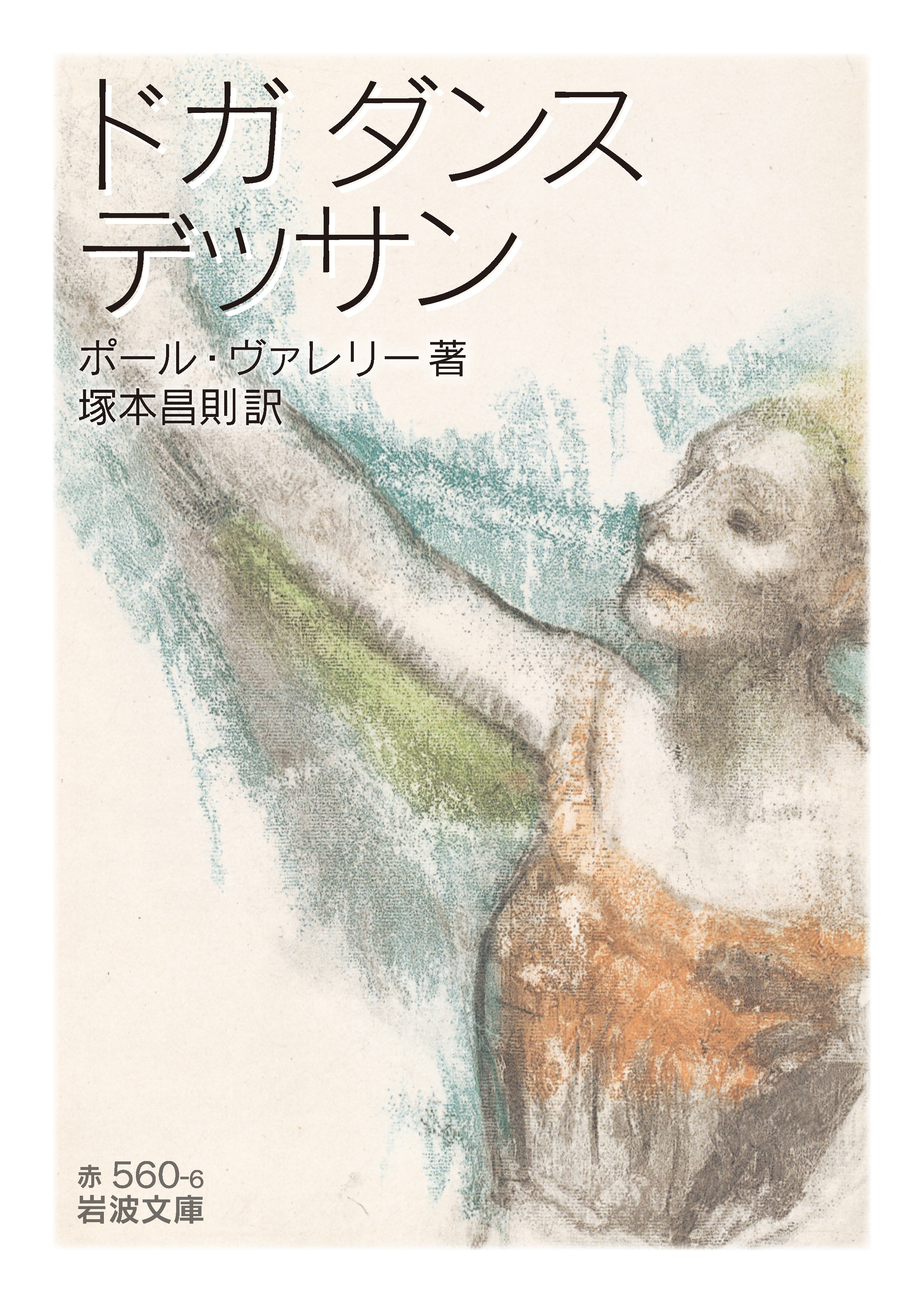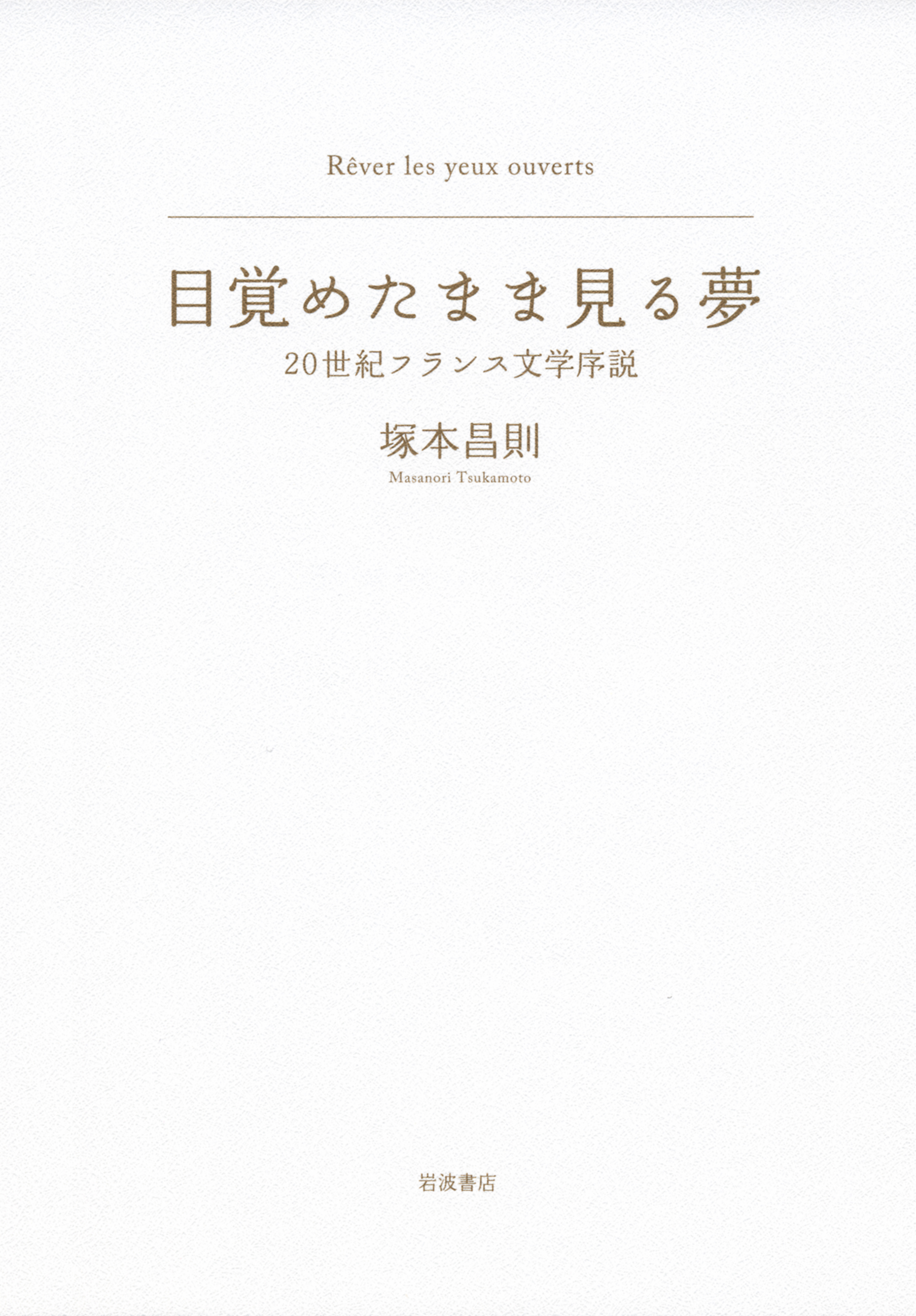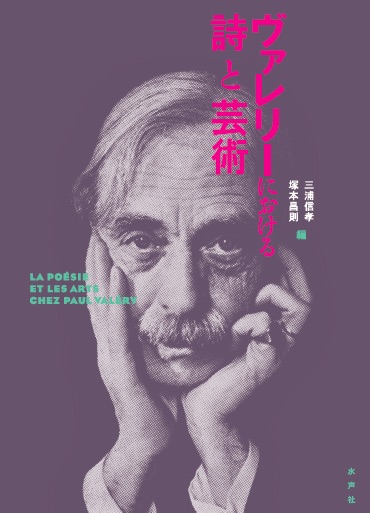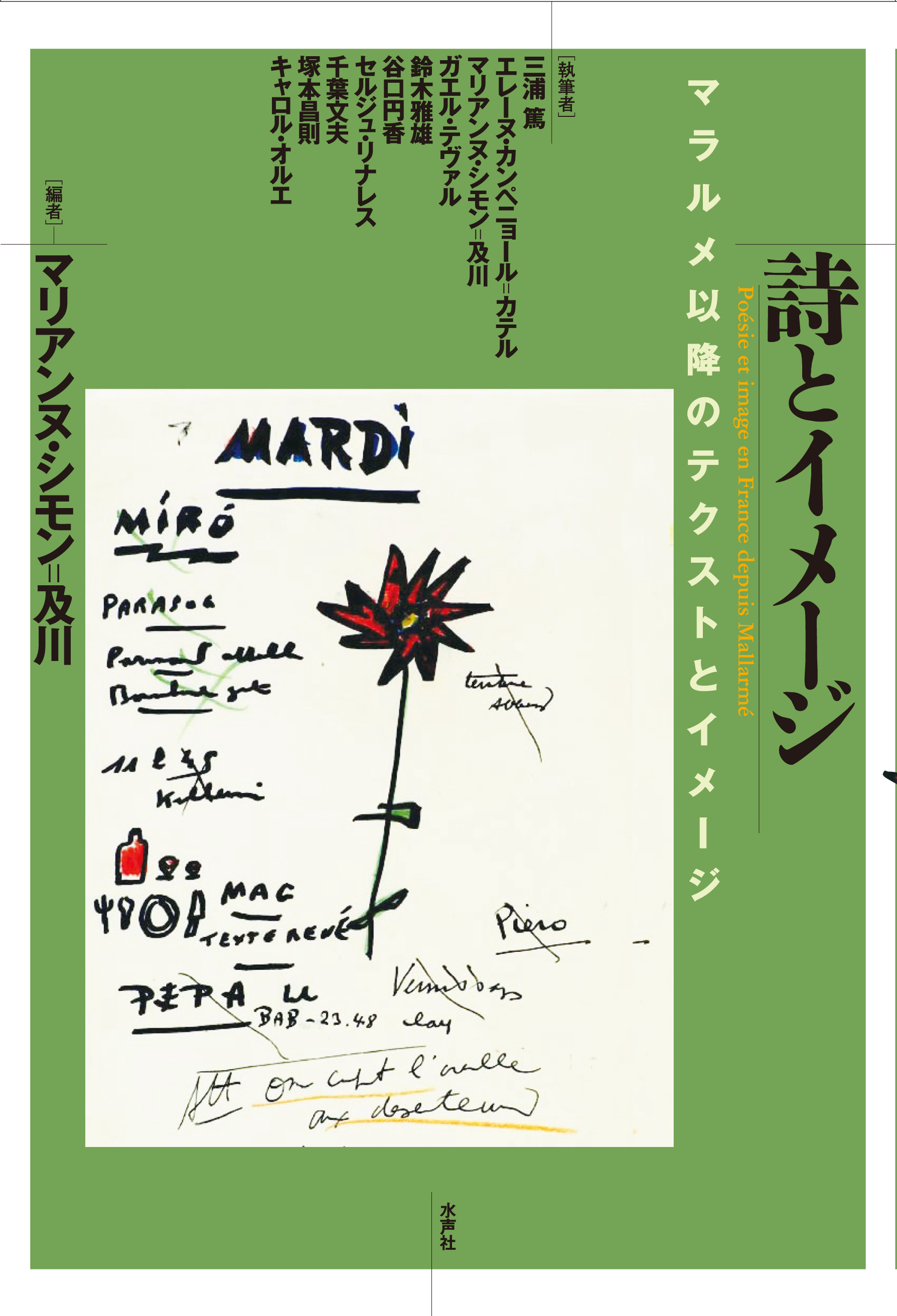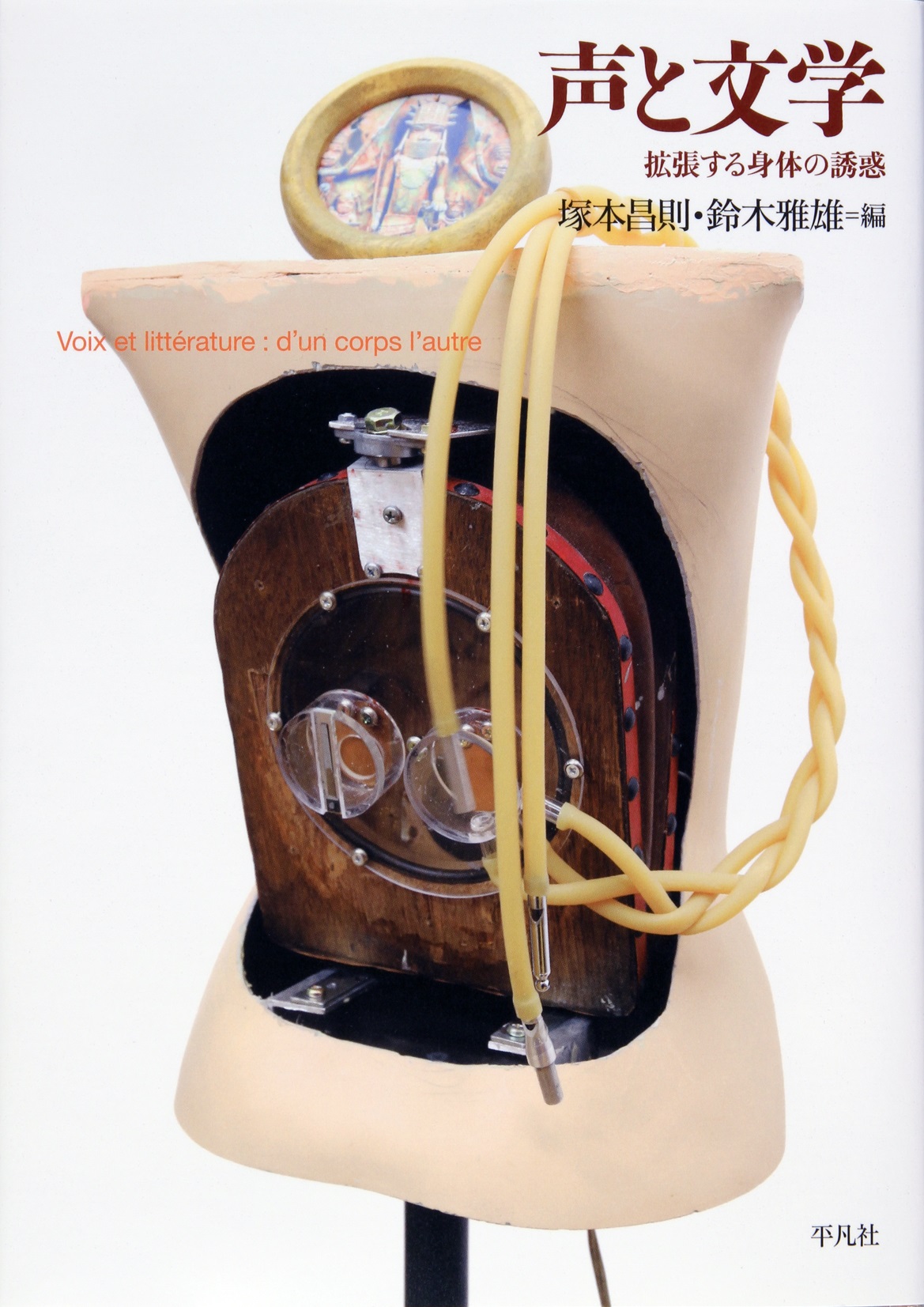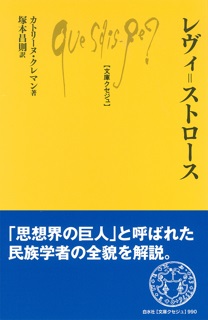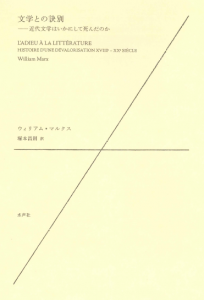
Title
Bungaku tono Ketsubetsu (A Farewell to Literature - A History of Devaluation — 18th-20th century)
Size
344 pages, 127x188mm, hardcover
Language
Japanese
Released
March 25, 2019
ISBN
978-4-8010-0395-8
Published by
Suiseisha
Book Info
See Book Availability at Library
Japanese Page
The period from the end of the 19th century to the start of the 20th century saw a large number of poets bidding farewell to literature. This includes the likes of Arthur Rimbaud who, after penning the collection of poems A Season in Hell, renounced literature and became an arms dealer in Africa, Paul Valéry who went silent for nearly two decades after saying farewell to literature in The evening with Mr. Test, and Hugo von Hofmannsthal who abandoned poetry after writing about the crisis of language in The Letter of Lord Chandos. To this day, these three works are still read as farewells to literature. What led these young poets to, one after the other, air their misgivings about literature and then abandon poetry?
The French critic William Marx interprets this contagious behavior as an indication of the decline of the value of literature. Literature of that era had lost its ability to cut into and extract truths about society and had lost the readers’ confidence. People knew in their heart that literature no longer had value but continued to act as if it did. This is why the young poets’ abandonment of literature without any lingering attachment was so impactful. It is likely that in today’s world, when “literature” already suffers from negative connotations of being unreliable, the public would not react so dramatically to the departure of talented young poets in their teens.
Why, then, has the value of literature decayed? Marx argues that, starting at the end of the 18th century, literature has gone through a dynamic cycle of ups and downs in which literature becomes overvalued and authors become part of the social elite, which results in works of literature becoming increasingly distant from actual life and losing value. Marx paints a fresco of the history of modern Europe spanning from Boileau's sublimity to Roland Barthes’ pleasure, from the 1755 Lisbon Earthquake to Auschwitz, from animal magnetism to cultural studies, and from The Coronation of Voltaire to Beckett’s emphasis on silence. Poets, who were acknowledged as having the ability to capture society’s dramatic transformation after the Revolution and who were considered to serve the same function as priests during the romantic period eventually turned their back on society. Marx identifies the turning point as being the emergence of artists who saw the value of literature as being separate from society and who advocated “art for art’s sake.” These artists rejected the idea of depicting reality and, instead, sought to create artistic worlds disconnected from reality. How could words separated from the lives of people have the ability to survive? Literature was transformed from the words of priests in service of society to the plaything of those content to seclude themselves in ivory towers and gradually lost its power to say what needs to be said.
Marx’s theory can be a bit surprising from the perspective of someone living in a society such as Japan where literature in the form of haiku, tanka, and essays permeates many aspects of everyday life. However, it is probably also true that, since the Meiji era, Japanese literature has been influenced substantially by the nature of Western literature described by Marx. In this sense, at present, the word ‘literature’ is likely becoming obsolete and being replaced by “culture” or different forms of “representation” (architecture, theater, film, comics, etc.).
That said, is everything related to literature really being lost? Is literature, which is unique in its capacity to give voice to thoughts that are deeply rooted in our individual physical sensations even if based on fiction, really perishing? At the end of the book, Marx discusses the efforts of contemporary writers who strive to depict everyday life. William Marx’s book, which covers a broad spectrum of literary works from the classical period to the present, offers numerous insights into how we can distinguish between those elements of literature that are on their way out and those that continue to thrive in the present day.
(Written by TSUKAMOTO Masanori, Professor, Graduate School of Humanities and Sociology / 2021)
Related Info
William Marx, L'adieu à la littérature — Histoire d'une dévalorisation XVIIIe-XXe siècle, Minuit, 2005
http://www.leseditionsdeminuit.fr/livre-Adieu_%C3%A0_la_litt%C3%A9rature_(L_)-2318-1-1-0-1.html



 Find a book
Find a book



